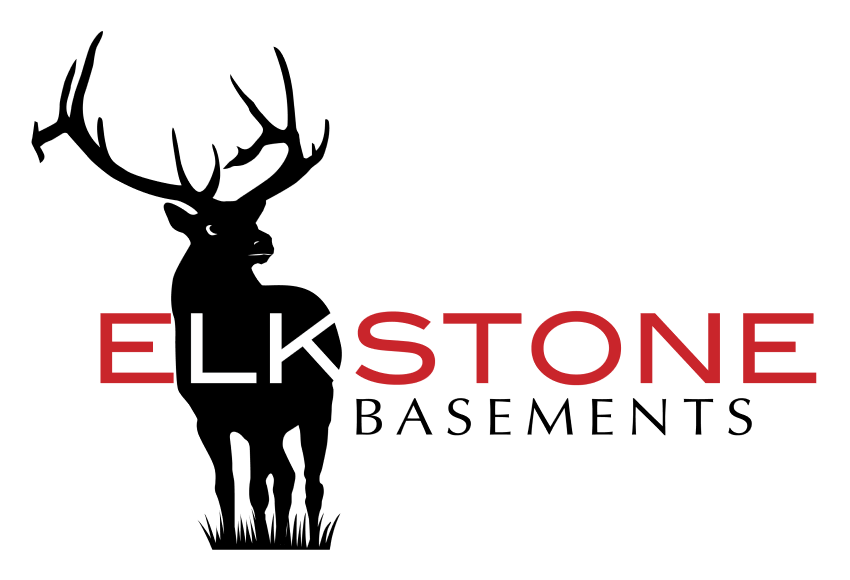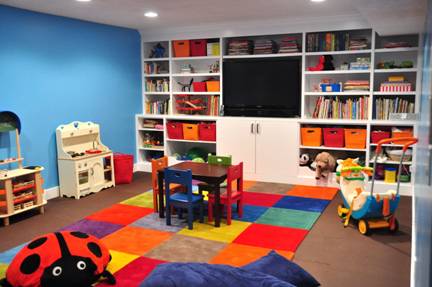Among the various reasons why homeowners remodel or finish their basements, the main one is to rent out the space. Research shows that you can rent out your basement for up to 75% of your monthly mortgage costs, especially if your home is zoned for multi-tenant use.
Before you remodel or finish your basement, you need to choose the right flooring materials as well as a basement remodeling company to carry out the task. However, with so many basement flooring options available in the market today, it can become an overwhelming task trying to identify the right one.
This guide takes you through some of the best basement flooring options available in the market, as well as their pros and cons.
Vinyl Flooring
Among the many types of basement flooring, vinyl stands out because it is almost similar to a mix of stone and hardwood. Vinyl flooring comes in two forms namely vinyl tile and vinyl plank. It is made of PVC, which makes it waterproof and durable, thus making it an ideal flooring material for high traffic floors. Besides, experts from a basement remodeling company can install vinyl directly on to the sub-floor, which cuts down on time required for the flooring process.
Pros
- Durable.
- Waterproof.
- Available in wide-range styles and colors.
Carpet Flooring
Carpet flooring is also a superb option for your basement. Although it is not mold proof and waterproof like vinyl, it gives it a warm and cozy feel. Beyond that, in case of a small water event, carpet flooring dries fast and can be easily pulled out and dried before mold and mildew can begin to form.
Carpets can also be used to accessorize the basement family room once the renovation is done.
Pros:
- It’s budget-friendly.
- Comes in various styles and options.
- It provides an ideal cushion for hard basement floors.
- Gives the space a cozier feel.
Cons:
- Not waterproof.
- It can develop mold if left moist for an extended period.
- Can stains easily.
Hardwood Flooring
Hardwood floors stand out from other types of floors because of two main reasons; one, they are gorgeous to look at, and second, they have a premium feel to them.
However, when it comes to basements in general, it’s advisable to use less wood. This is because basements are prone to water and humidity. Moreover, it can be costly and time-consuming to install and laminate hardwood flooring.
Pros:
- Give a classy look and feel.
- It can match with the rest of the flooring in your home.
Cons:
- Extremely vulnerable to water damage.
- Could end up warping and twisting.
- Not mold-proof.
Ceramic Tile Flooring
Ceramic tiles are another viable basement flooring option. One of the main advantages of this flooring is that even when glazed, tiles do not absorb water. This makes them an ideal flooring material for your basement since they can resist water damage.
A basement remodeling company can use ceramic tiles in the bathroom and wet bar area and pair them with other flooring materials to achieve a unique look.
Pros:
- Comes in various shapes, sizes, and colors.
- Gives a high-end custom feel and look.
- It’s water-resistant.
Cons:
- It is costly.
- It’s time-consuming.
Epoxy Flooring
In the last decade, epoxy flooring has become more popular than ever before. It is an ideal flooring material because it gives your basement an industrial and unique design. It is also durable and easy to maintain. However, epoxy floors tend to get very cold, especially during winter and may even require one to invest in a carpet.
Pros:
- Durable.
- Water-resistant.
Cons:
- Hard on your feet.
- Very cold to touch.
It doesn’t matter whether you are finishing or remodeling your basement to rent out, to convert it into family rooms, or for other purposes. You need to choose the right materials that can last for a lifetime to protect your investment. And since basement renovation is no small feat, you need plenty of research, planning as well as help from a basement remodeling company.




Recent Comments